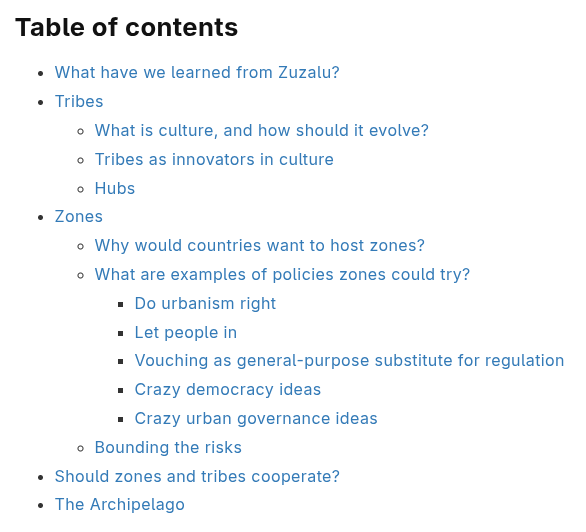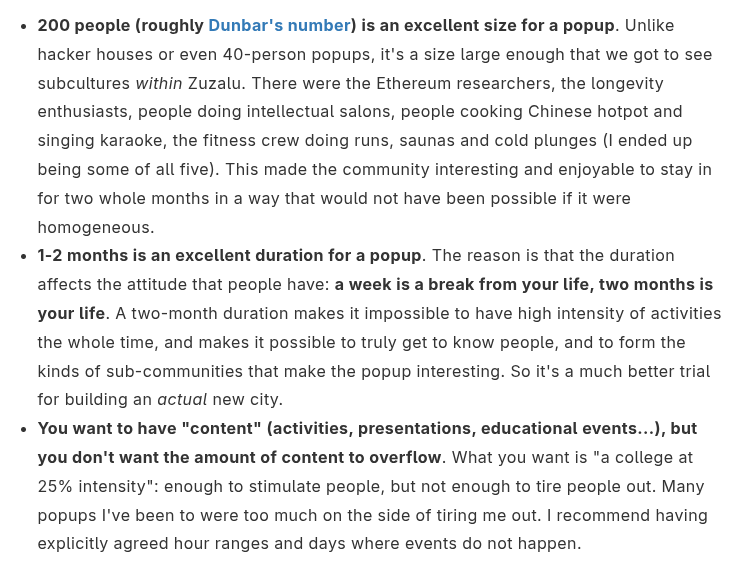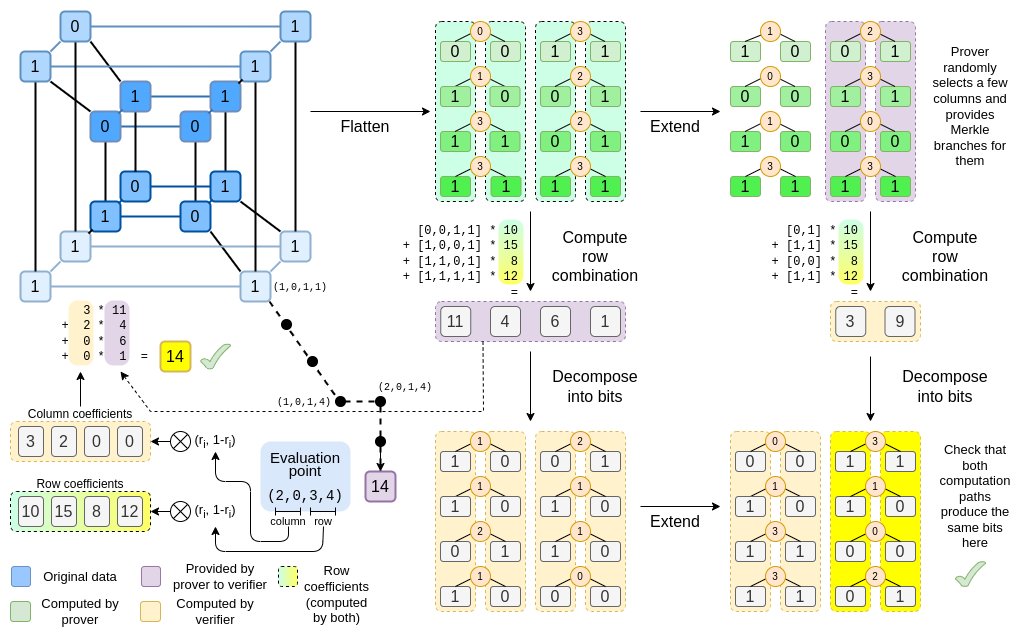Spam attack currently happening on @ethstatus. Lots of accounts so you can't just block one to make the spam go away. Will be an interesting (and IMO important!) challenge to see how to reliably defend against this sort of thing. 

Categories of solutions I see are:
* Subscribing to other people's blocklists
* Using cryptoeconomics to scale up admins ethresear.ch/t/prediction-m…
* Making it costly to have an account with posting rights (eg. sign with a key that has >100 SNT locked up, or ZK-prove a brightid)
* Subscribing to other people's blocklists
* Using cryptoeconomics to scale up admins ethresear.ch/t/prediction-m…
* Making it costly to have an account with posting rights (eg. sign with a key that has >100 SNT locked up, or ZK-prove a brightid)
Simple and dumb "implementable in 30 seconds" solution: a mode that just says "view only messages from accounts that have an ENS name". This way attackers can't just easily create thousands of accounts faster than you can block them.
@ethstatus ^^
• • •
Missing some Tweet in this thread? You can try to
force a refresh



















